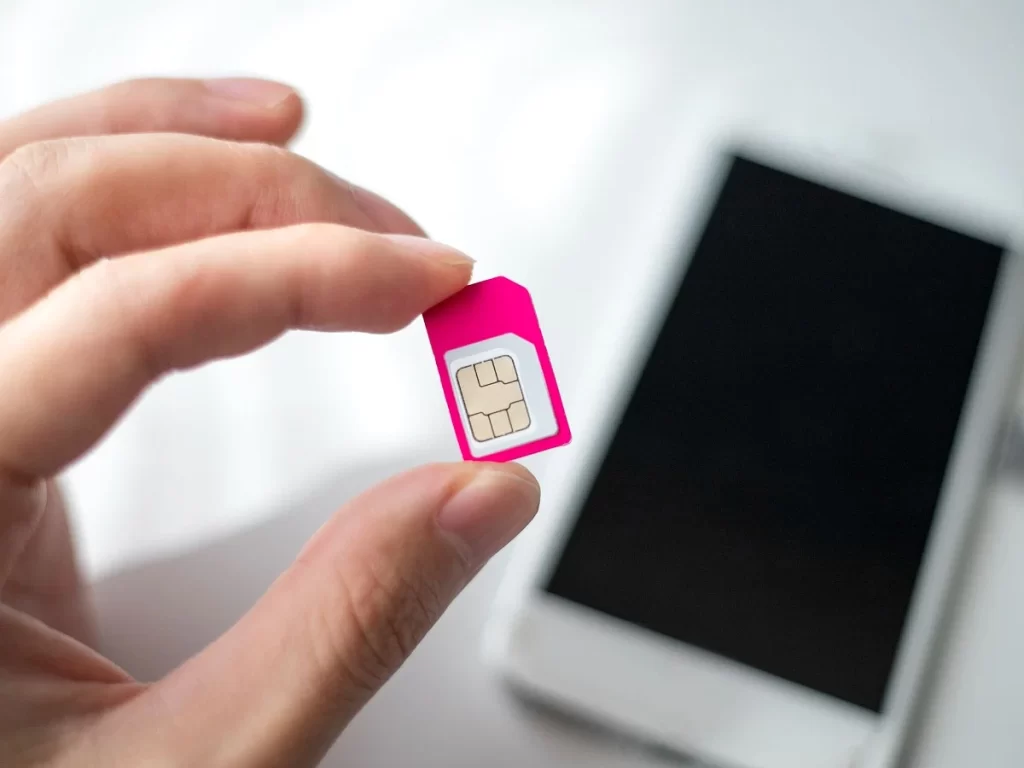Fraudsters devastated North Yorkshire resident Deborah Wright by stealing £8,000 from her Revolut bank accounts in October last year. Deborah innocently entered her Virgin Money banking details into a fake website, which she believed to be genuine.
Revolut Refusal: Deborah’s Fight for a Refund
A few weeks later, someone claiming to be from the Virgin Money fraud department called her and tricked her into downloading a software package that allowed the fraudsters to take control of her computer. They claimed that her accounts were compromised and advised her to transfer her money to to a “safe” account. Sadly, the account she believed was secure was actually under the control of the fraudsters. In addition to losing money from her Virgin account, she also lost over £8,000 from her Revolut accounts that she had been saving for years for a trip to the USA.
After realising that she had been a victim of fraud, Deborah contacted Revolut to request a refund, but her request was denied after a short investigation. She found the decision shocking because she had expected that getting a refund would be straightforward. However, Authorised Push Payment (APP) fraud victims like Deborah typically do not receive refunds as the banks deem them responsible for their losses.
The Risks of Using E-banks for Digital Banking Services
Most banks in the UK that have signed up to the Contingent Reimbursement Model (CRM) Code, which provides refunds to fraud victims. Revolut is not signed up to the CRM as it is not a UK bank. Instead, it is an e-company that offers digital banking services. Unlike traditional UK banks, e-banks such as Revolut, Monzo, and Starling operate without the same regulations because they lack a full banking license and do not have authorisation to hold customer deposits in the same way. Instead, they rely on partnerships with licensed banks. This lack of regulation allows them more flexibility in their business operations but also exempts them from adhering to the same rules and regulations, including those concerning fraud prevention and refund schemes for fraud victims.
Fraud Prevention Tips: Protecting Yourself From APP Fraud
To avoid falling victim to APP fraud, individuals should be aware of the warning signs and follow fraud prevention measures. Fraudsters use social engineering tactics to trick individuals into transferring money into an account they control. Common red flags include receiving a call from someone claiming to be your bank, the police, or a government agency. Others may ask you to download software or apps that enable remote access to your devices.
If you suspect you have been the victim of fraud, report it immediately to your bank and the police. Reporting the fraud can assist in locating the fraudsters and prevent others from becoming victims. By staying vigilant and following basic fraud prevention tips, individuals can avoid becoming a victim of APP fraud.



